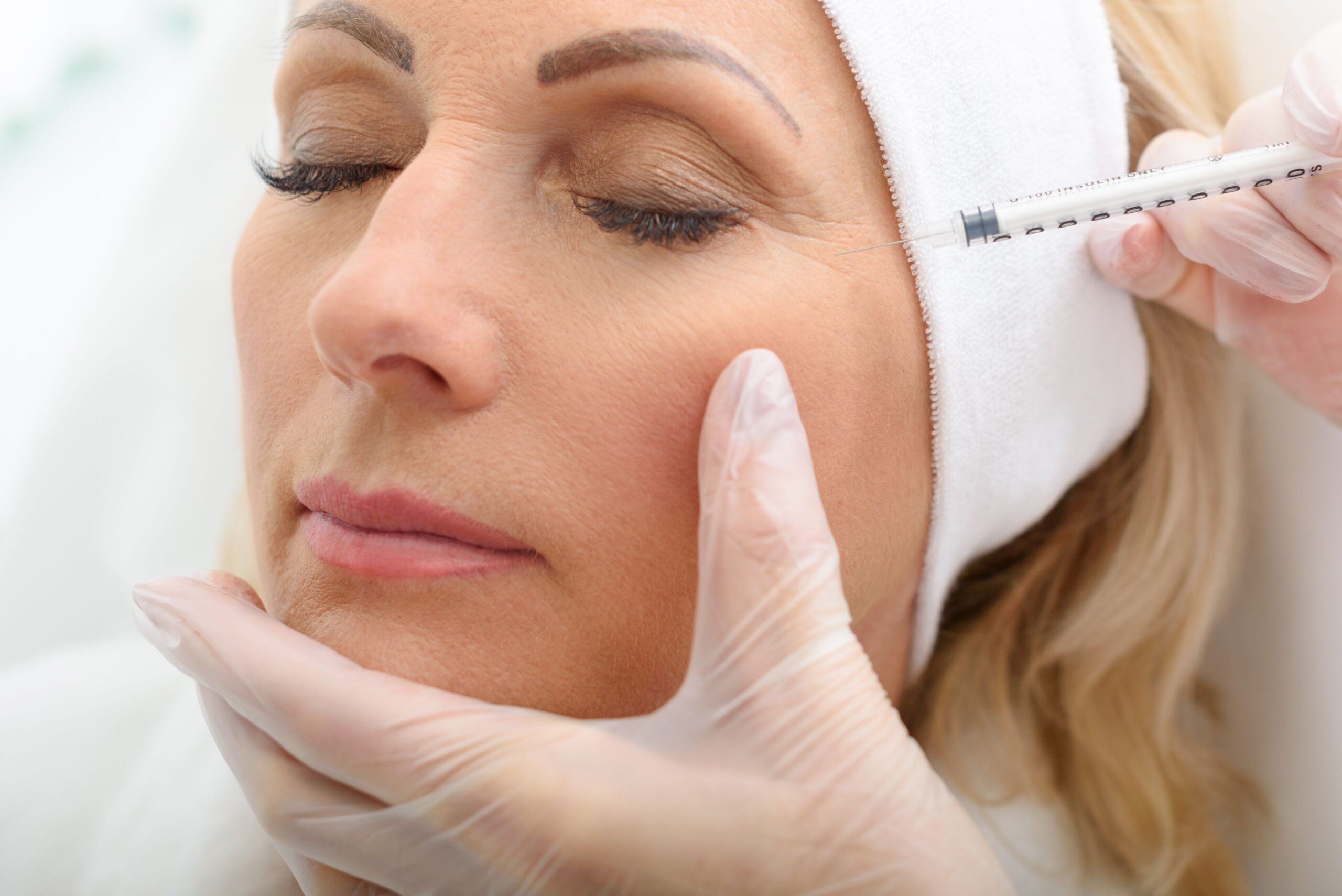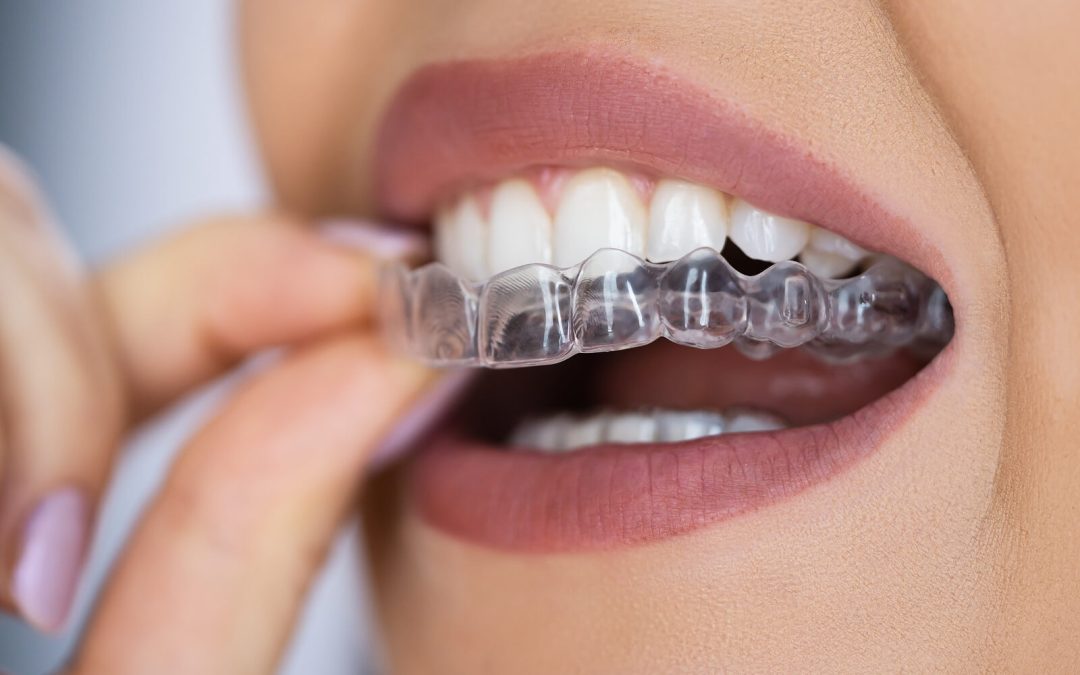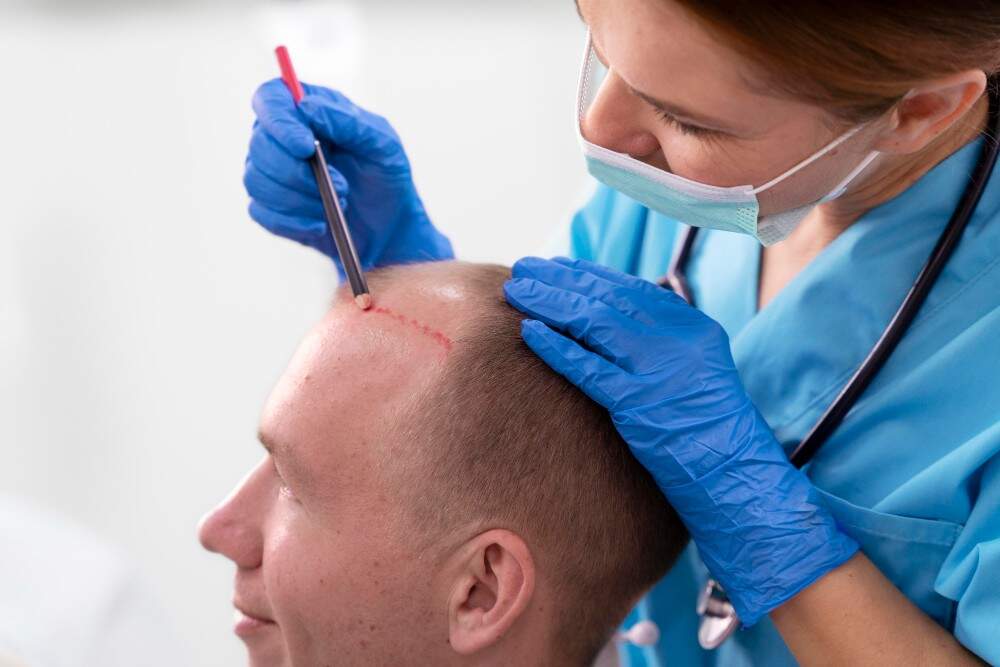As Botox continues to grow in popularity for both cosmetic and medical purposes, many individuals wonder: Can Botox cause muscle weakness? While Botox is commonly used to relax facial muscles and reduce the appearance of dynamic wrinkles, its very function involves altering muscle activity. When used appropriately, it can produce subtle, effective results, but in some cases, Botox Injections(حقن البوتوكس) may lead to unintended muscle weakness depending on dosage, placement, and individual response.
The Importance of Understanding Botox’s Function:
Botox works by temporarily blocking the nerve signals to specific muscles, preventing them from contracting. This mechanism is what helps soften wrinkles that are caused by repeated facial expressions. However, because Botox directly impacts muscle activity, understanding its precise effects is essential for anyone considering the treatment.
In most cosmetic applications, only a small amount of Botox is used, targeting specific facial muscles such as those in the forehead, around the eyes, or between the brows. When administered by someone trained and experienced, Botox should relax only the intended area without affecting nearby muscles. This balance is critical in achieving natural-looking results without interfering with overall facial function.
When and How Muscle Weakness May Occur?
Muscle weakness is one of the known potential side effects of Botox, but it is typically rare and often temporary. It can happen when the product spreads beyond the intended muscle or when too much is injected into a concentrated area.
Common Situations Where Muscle Weakness May Appear:
-
Eyelid or eyebrow drooping (ptosis): This occurs if Botox spreads to the muscles controlling the eyelid
-
Smiling asymmetry: Weakness in mouth muscles can happen when injected in the lower face improperly
-
Neck or swallowing discomfort: Rare, but can happen when injected into muscles near the neck or throat
-
Generalized weakness: Extremely rare and usually linked to individual sensitivity
In most cases, such weakness resolves as the Botox gradually wears off over several weeks or months. However, its occurrence underscores the importance of precise injection techniques and muscle understanding.
Benefits of Controlled Muscle Relaxation:
Despite concerns around muscle weakness, Botox’s effectiveness relies on its ability to selectively relax overactive muscles. When used in the right amounts and locations, this action can be highly beneficial—both cosmetically and therapeutically.
Cosmetic Benefits:
-
Softens fine lines and dynamic wrinkles
-
Helps lift and open areas of the face, such as the brows or jawline
-
Creates a smoother and more youthful appearance
Medical Benefits:
-
Relieves tension from overactive muscles (e.g., in migraines or jaw clenching)
-
Reduces excessive sweating (hyperhidrosis) by blocking nerve signals to sweat glands
-
Alleviates muscle spasms or tightness in certain medical conditions
These advantages are only achievable when Botox Injections treatment(علاج حقن البوتوكس) is used carefully and strategically, allowing for results that enhance appearance or comfort without compromising muscle function.
Frequently Asked Questions:
How long does Botox-related muscle weakness last?
If muscle weakness occurs, it’s generally temporary. Most symptoms resolve within 3 to 4 months as the Botox naturally wears off and nerve signals begin functioning normally again.
Can muscle weakness be prevented?
Yes, most cases of Botox-related muscle weakness can be avoided through proper injection techniques, correct dosage, and a personalized treatment plan tailored to your facial anatomy.
Does Botox always cause a frozen look?
No. A “frozen” or expressionless appearance typically results from overuse or poor placement. With expert technique, Botox can smooth wrinkles while preserving facial expression.
Is muscle weakness dangerous?
In most cases, it is mild and reversible. Serious or widespread muscle weakness is extremely rare and usually tied to preexisting sensitivities or off-label uses in high doses.
Can I build a tolerance to Botox?
Some individuals may develop resistance over time, though this is uncommon. It does not usually relate to muscle weakness but to a reduced response from the treatment itself.
Conclusion:
So, can Botox cause muscle weakness? Yes—but it is typically mild, temporary, and avoidable with proper technique. Botox’s role in relaxing targeted muscles is what makes it such an effective and versatile treatment. However, understanding the potential for muscle weakness emphasizes the importance of personalized care, correct application, and moderation. When used thoughtfully, Botox delivers remarkable benefits while minimizing risks—making it one of the most trusted non-surgical treatments in the aesthetic and therapeutic world.







0 Comments